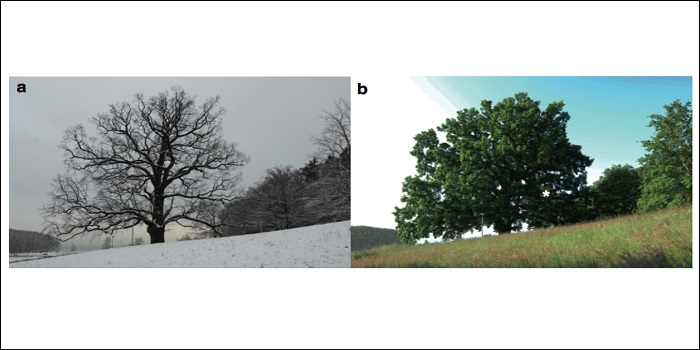
Trees are particularly robust to fixed somatic mutations
Blog, Plant Science Research Weekly, Research, Research BlogPlants lack a developmentally defined germline and gametes originate only late during plant development. This allows mutations acquired during the vegetative growth (somatic mutations) to be transmitted to the reproductive organs. The accumulation of mutations is relatively low in annual plants such…
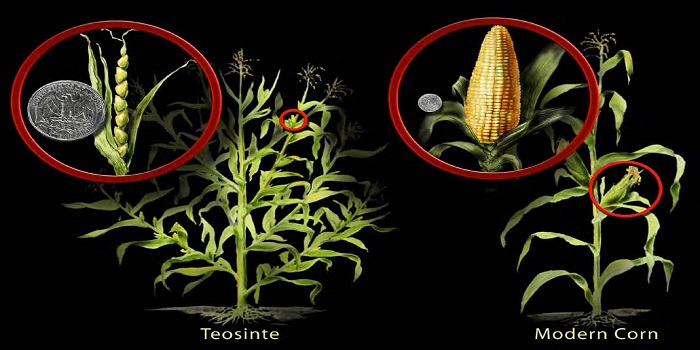
Review. Artificial evolution: Creating genetic diversity in the lab ($)
Blog, Plant Science Research Weekly, Research, Research BlogHumans have been domesticating plants for 10,000 years, having an impact on the gene pools of multiple species chiefly through selective breeding approaches. Although plant domestication ensured food availability to early civilizations, plants were, and still are, mainly selected based on their morphology…
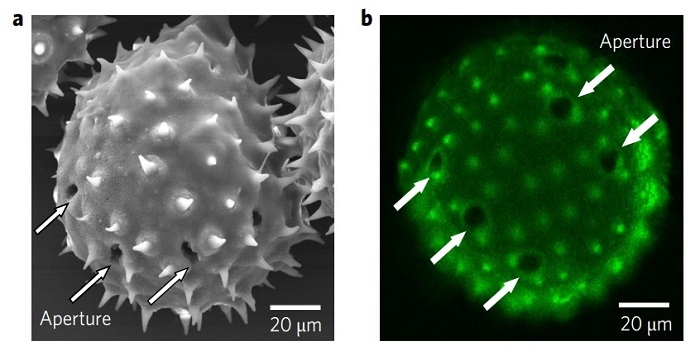
Pollen magnetofection for genetic modification with magnetic nanoparticles as gene carriers
Blog, Plant Science Research Weekly, Research, Research BlogThe ability to generate transgenic plants has revolutionised plant science research. However, many species and genotypes remain challenging and time-consuming to transform. Zhao et al. provide a novel and potentially ground-breaking method of transgene delivery. In the presence of a magnetic field,…
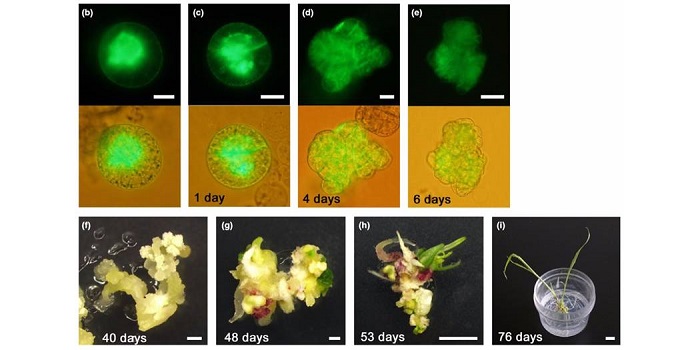
Development of gene expression system in egg cells and zygotes isolated from rice and maize
Blog, Plant Science Research Weekly, Research, Research BlogAssessing the function of genes active in zygotes and egg cells is difficult due to the inaccessibility of the target tissues. Koiso et al. isolated rice egg cells and maize zygotes using a method similar to that for extracting leaf protoplasts. They then optimized a PEG-Ca2+ transfection protocol…
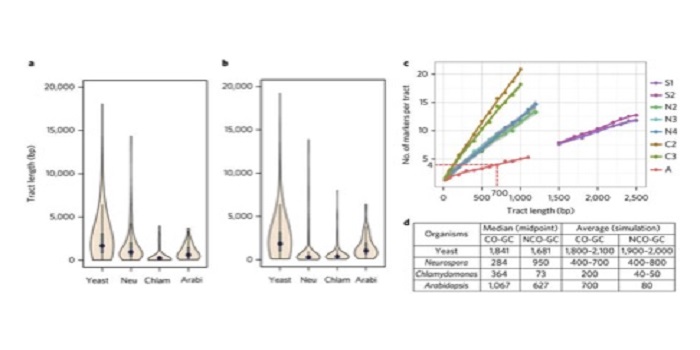
Whole-genome sequencing reveals the extent of GC-biased gene conversion in plants and fungi ($)
Blog, Plant Science Research Weekly, Research, Research BlogGene conversion, a mechanism involving the unidirectional exchange of DNA from a donor to an acceptor sequence through homologous recombination, is a major driver of genome evolution. It has been speculated that gene conversion may be biased towards GC alleles, and thus favours accumulation of GC in…
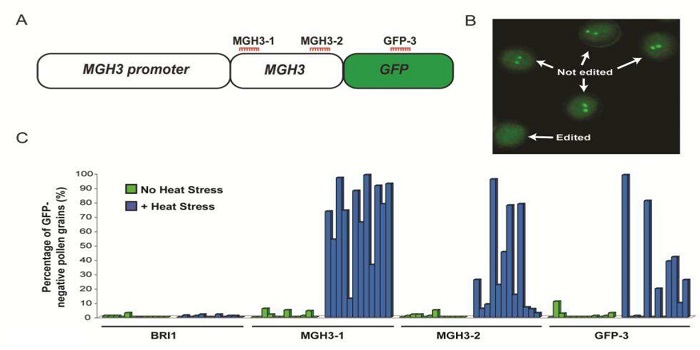
Increased efficiency of targeted mutagenesis by CRISPR/Cas9 in plants using heat stress ($)
Blog, Plant Science Research Weekly, Research, Research BlogCRISPR/Cas9 genome editing has rapidly become a powerful tool in modern plant science research. However, issues of low editing efficiencies and off-target mutations remain. LeBlanc et al. hypothesised that subjecting plants to high temperature stress, mimicking the optimal operating temperature of…
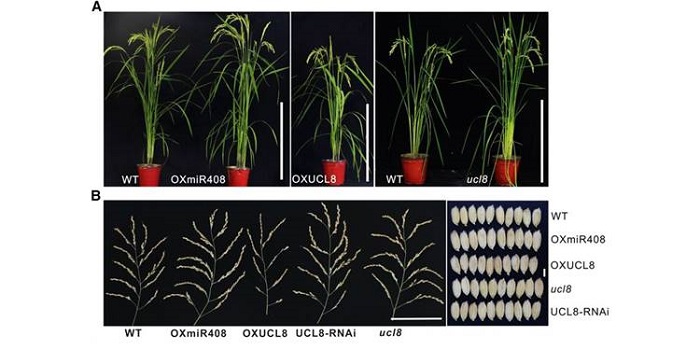
A MicroRNA Affecting Grain Yield in Rice
Blog, Plant Physiology, Plant Physiology: On The Inside, Research, Research BlogMicroRNAs (miRNAs), a class of abundant small noncoding RNAs, have been identified as important regulators of gene expression in plants, affecting many aspects of plant development. Recently, several miRNAs have been reported to regulate rice grain yield. A previous study revealed that miR397 regulates…
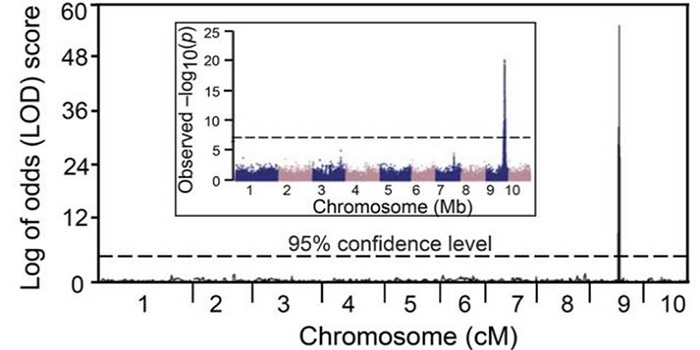
Chemical Defenses of Maize Roots
Blog, Plant Physiology, Plant Physiology: On The Inside, Research, Research BlogOf the many classes of natural products produced by plants, terpenoids are the most structurally diverse, with well over 25,000 established compounds. In maize (Zea mays), terpene olefins are nearly ubiquitous components of induced volatile emissions following biotic stress. In contrast to our understanding…
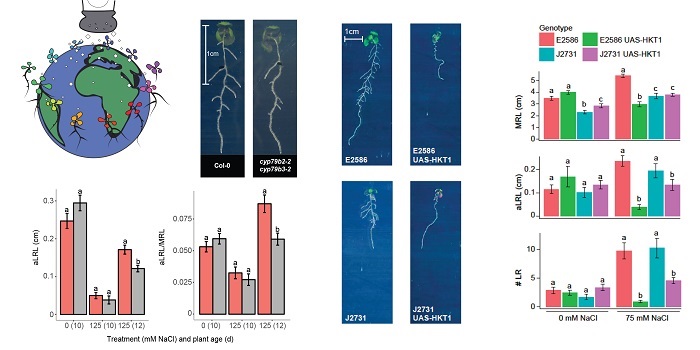
Genetic components of root architecture remodeling in response to salt stress
Blog, Plant Science Research Weekly, Research, Research Blog
While everyone knows that salt stress reduces root growth, Julkowska and colleagues examined salt-stress induced changes in Root System Architecture (RSA) by studying 347 Arabidopsis accessions. The authors collected 17 RSA traits and developed an app allowing interactive exploration of collected…

